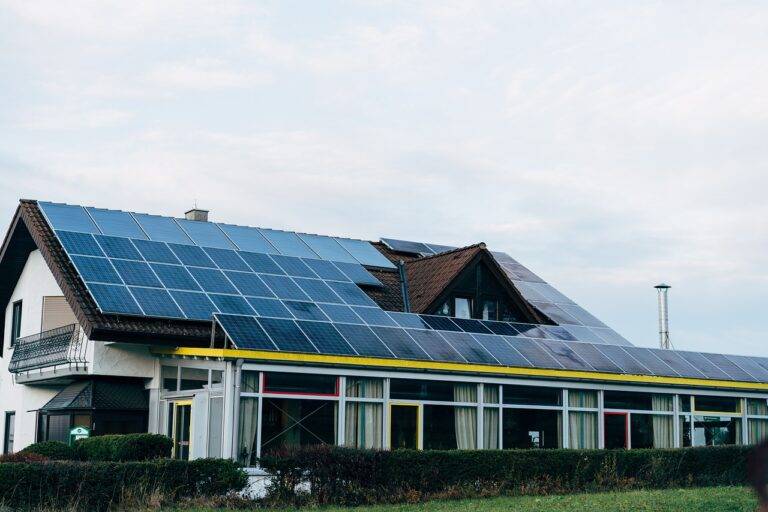The Role of Tech in Sustainable Agriculture and Food Security
Agriculture continues to face numerous challenges that impact food security worldwide. One of the major hurdles is climate change, leading to unpredictable weather patterns and extreme conditions that affect crop production. Farmers often struggle to adapt to these changing conditions, resulting in reduced yields and lower quality of crops.
Additionally, limited access to resources such as water and arable land poses a significant challenge for farmers, especially in developing countries. The competition for these resources continues to intensify, further exacerbating the problem of food insecurity. As the global population grows, the pressure on agricultural systems to produce more food increases, making it crucial to address these challenges in order to ensure food security for all.
Impact of Technology on Crop Yield and Quality
In recent years, advancements in technology have significantly transformed the agricultural sector, enhancing both crop yield and quality. One key technological innovation that has revolutionized farming practices is the use of precision agriculture techniques. By employing tools such as GPS-guided machinery and drones, farmers can now optimize their land use, seed placement, and irrigation, leading to increased crop productivity and improved quality.
Moreover, the adoption of biotechnology in agriculture has also played a crucial role in boosting crop yield and quality. Genetically modified crops are engineered to be more resistant to pests, diseases, and harsh environmental conditions, resulting in higher yields and better quality produce. Additionally, biotechnology has allowed for the development of crops with enhanced nutritional profiles, meeting the changing demands of consumers for healthier and more sustainable food options.
Role of Precision Agriculture in Sustainable Farming Practices
Precision agriculture plays a crucial role in enhancing sustainable farming practices by utilizing cutting-edge technologies to optimize crop production. Through the use of advanced sensors, global positioning systems, and data analytics, farmers can accurately assess the specific needs of their crops, leading to more efficient resource management. By precisely targeting irrigation, fertilization, and pesticide application, farmers can minimize waste and environmental impact while maximizing yields.
Furthermore, precision agriculture enables farmers to make data-driven decisions that contribute to improved crop quality and overall farm profitability. By collecting and analyzing real-time data on soil conditions, weather patterns, and plant health, farmers can identify potential issues early on and take proactive measures to address them. This proactive approach not only enhances crop productivity but also reduces input costs and promotes long-term sustainability in agriculture.
• Precision agriculture utilizes advanced sensors, global positioning systems, and data analytics
• Accurate assessment of crop needs leads to efficient resource management
• Precisely targeting irrigation, fertilization, and pesticide application minimizes waste and environmental impact while maximizing yields
• Data-driven decisions contribute to improved crop quality and farm profitability
• Real-time data on soil conditions, weather patterns, and plant health allows for early issue identification
• Proactive measures reduce input costs and promote long-term sustainability in agriculture
What are some of the challenges faced in agriculture and food security?
Some challenges in agriculture and food security include climate change, soil degradation, water scarcity, and pest management.
How does technology impact crop yield and quality?
Technology such as precision agriculture tools can help farmers monitor and manage their crops more efficiently, leading to higher crop yields and improved quality.
What is the role of precision agriculture in sustainable farming practices?
Precision agriculture allows farmers to optimize their use of resources such as water, fertilizers, and pesticides, leading to increased efficiency, reduced environmental impact, and improved sustainability in farming practices.





